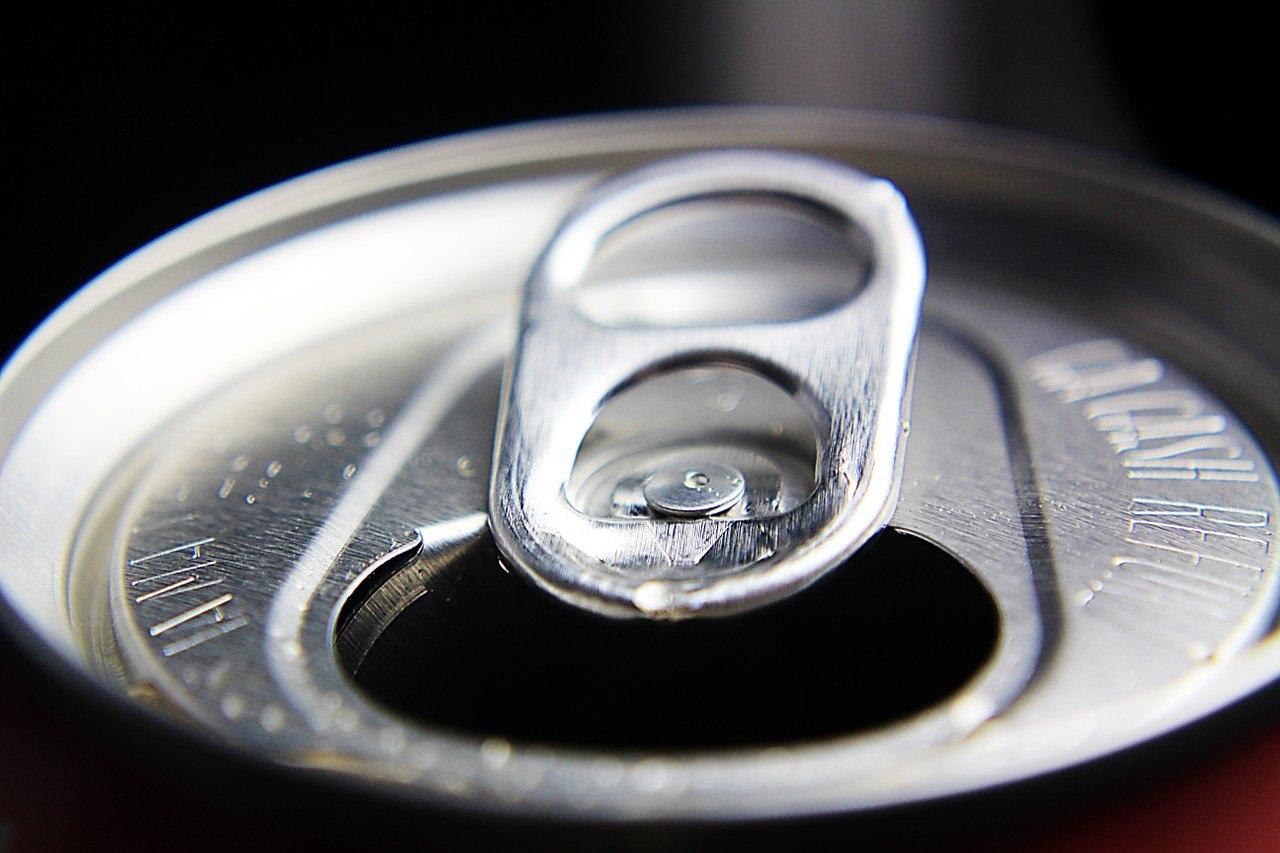
By Holly Whitman
If it seems like taxes have been around since the beginning of time, you are almost right, although some are not quite as obvious as others. For example, since the federal tax on cigarettes is added into the retail price, you may sometimes forget that cigarette manufactures pass the cost on to the buyer. Unless, that is, you live in one of the states that adds an additional tax.
As of August 1, New York added the highest state tax at $4.35 a pack, followed by Connecticut with $3.90. If that just made you swear off smoking, you wouldn’t be alone. With an increase both in taxes on cigarettes and places where smoking is prohibited, the number of actual smokers is decreasing.
Once the medical industry saw how raising taxes on cigarettes improved the statistics on non-smokers, they began to look at another leading health issue in the country: obesity.
The next “big” thing
If a bowl with two scoops of chocolate ice cream was placed beside a can of soda, which would you think was worse for you? If you answered ice cream, you’d not only be wrong, but also probably surprised. One can of soda can have as much as ten teaspoons of sugar in it!
Suggestions for how to improve America’s waistlines focused on what made a difference to smokers: selective banning, labeling, advertising — or lack thereof — and the big one: taxes.
The “big” ban
In 2012, New York City Mayor Michael Bloomberg stirred up New Yorkers when he proposed restricting the size of soft drinks sold in restaurants and movie theaters to 16 ounces or less. While his proposal was approved originally by the Department of Health, it didn’t last. After a massive advertising campaign by the soft drink industry, the New York Supreme Court overruled the ban in 2014.
While the fast food industry has made some changes in their menus to include healthier options, they often trade off the benefits by highly promoting less healthy items.
The sweetened drink tax
In 2009, there were 33 states that passed a sweetened drink tax, at an average of 5.2%. But in 2014, it was Berkeley, California that stepped it up a notch and led the push for even more by adding a local tax on a long list of drinks with added sugar. Controversial at the time, Berkeley stood alone for more than a year until Philadelphia, Pennsylvania passed a similar local tax.
As more cities on both sides of the country, especially large ones like New York City, begin to look into adding a sugar tax, the soda industry realized they could wind up on the losing end and filed a lawsuit against Philadelphia on the grounds that the tax violated state and federal law.
Environmental impacts
The environment, green living, recycling and sustainability have all been buzz words since someone first complained that summers seemed hotter and winters longer. It may seem unrelated, but taxes such as these actually have an impact on the environment as well. For example, while the medical industry applauds the decrease in smokers as a positive impact on health, the cigarette tax also had an impact on the environment from the reduction in cigarette butt pollution.
It didn’t take long for attention to then be drawn to the manufacture of aluminum cans and what could be done to reduce their impact on the environment. There is a great deal of space devoted to un-recycled aluminum cans in land fills, energy spent on recycling and the manufacturing of new cans.
Where aluminum begins
Aluminum makes up 7 percent of the earth’s crust, but it doesn’t start out as the shiny silver material you associate with it. Instead, aluminum is refined from bauxite, which is mined largely in countries along the equator. The process of mining creates its own impact on the environment with dust, waste disposal, erosion, noise and changes in the landscape including water, vegetation and wildlife.
It is estimated that the known amounts of bauxite will last roughly another one hundred years. However, currently undiscovered sources of bauxite could extend that by more than two hundred years.
A correlation
If a sugar tax, explicit cautionary labels and limitations on drink size have the same impact that taxes, labeling, advertising and bans had on cigarettes, there is a good possibility that health concerns will also be positively impacted.
Any reduction in the manufacture of, recycling costs of or use of land fills for aluminum cans will have a positive impact on the environment. With a decreased demand for aluminum to manufacture soda cans, there will be a substantial decrease in the negative aspects of mining for bauxite. Companies will not need to reseed and restore vegetation to areas that have been mined, which is beneficial to wildlife in the areas that might have been displaced by the mining.
Image credit: Pixabay
Holly Whitman is a writer and journalist tackling global issues from environmental problems to human rights. You can find her on Twitter at @hollykwhitman or her blog, Only Slightly Biased.
TriplePundit has published articles from over 1000 contributors. If you'd like to be a guest author, please get in touch!














